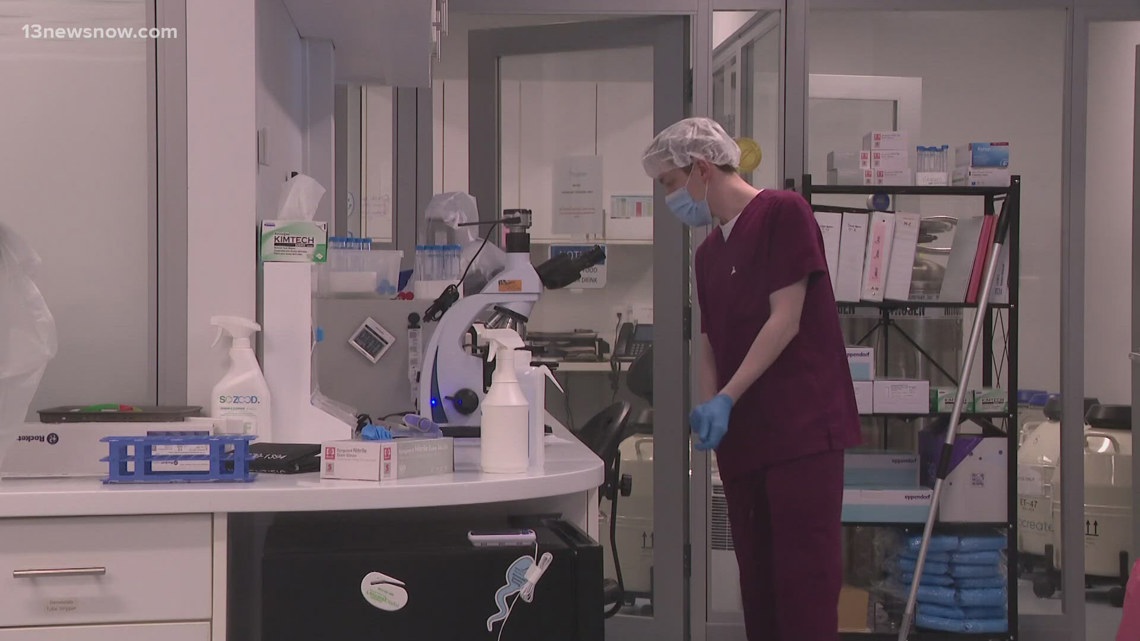Virginia Considers Landmark Bill: Could Infertility Treatment Become an Essential Health Benefit?

Virginia is on the cusp of a significant shift in healthcare access, as lawmakers move forward with a bill that could designate infertility treatment as an essential health benefit. This potential change promises to make fertility care more affordable and accessible for countless couples and individuals struggling to conceive across the Commonwealth. The proposed legislation has sparked considerable debate and hope, with advocates hailing it as a crucial step towards reproductive equity and a vital support for families.
Understanding the Current Landscape
Currently, infertility treatment is often excluded from standard health insurance coverage, leaving many individuals facing substantial out-of-pocket expenses. Costs for procedures like in vitro fertilization (IVF), intrauterine insemination (IUI), and related diagnostic tests can easily reach tens of thousands of pounds, creating a significant financial barrier for those who need it most. This lack of coverage disproportionately affects lower-income individuals and families, further exacerbating existing inequalities in healthcare access.
The Proposed Bill: A Game Changer?
The new bill aims to address this disparity by requiring insurance companies to include infertility treatment within the scope of essential health benefits. This designation would mean that insurers would be obligated to cover a range of fertility services, potentially including diagnostic testing, ovulation induction medication, IUI, IVF, and even egg freezing for certain individuals. The specific details of the coverage would be determined by the Virginia Department of Medical Assistance Services, taking into account best practices and cost-effectiveness.
Why is this Important?
The implications of this bill are far-reaching. Beyond the immediate financial relief it would provide to individuals and couples, it also acknowledges the significant emotional and psychological toll that infertility can take. For many, the inability to conceive can be a deeply distressing experience, and access to affordable treatment can offer a pathway towards building the families they desire. Furthermore, the bill aligns Virginia with a growing number of US states that have already mandated infertility coverage, demonstrating a wider recognition of the importance of reproductive healthcare.
Challenges and Considerations
While the bill enjoys widespread support, it has also faced some challenges. Concerns have been raised about the potential impact on insurance premiums and the cost of healthcare overall. Opponents argue that mandating infertility coverage could lead to increased costs for all policyholders. However, proponents counter that the long-term benefits of supporting families and improving overall health outcomes outweigh these concerns. The bill is currently undergoing further review and amendments to address these issues.
What's Next for Virginia?
The bill's progress is being closely watched by fertility advocates, healthcare professionals, and individuals across Virginia. If passed, it would represent a landmark achievement in reproductive healthcare access, potentially paving the way for similar legislation in other states. The debate surrounding the bill underscores the ongoing importance of addressing healthcare disparities and ensuring that all individuals have the opportunity to pursue their reproductive goals.
As the legislative process continues, it’s crucial for the public to stay informed and engage in the conversation. The future of infertility care in Virginia, and the lives of countless individuals and families, may well depend on it.




